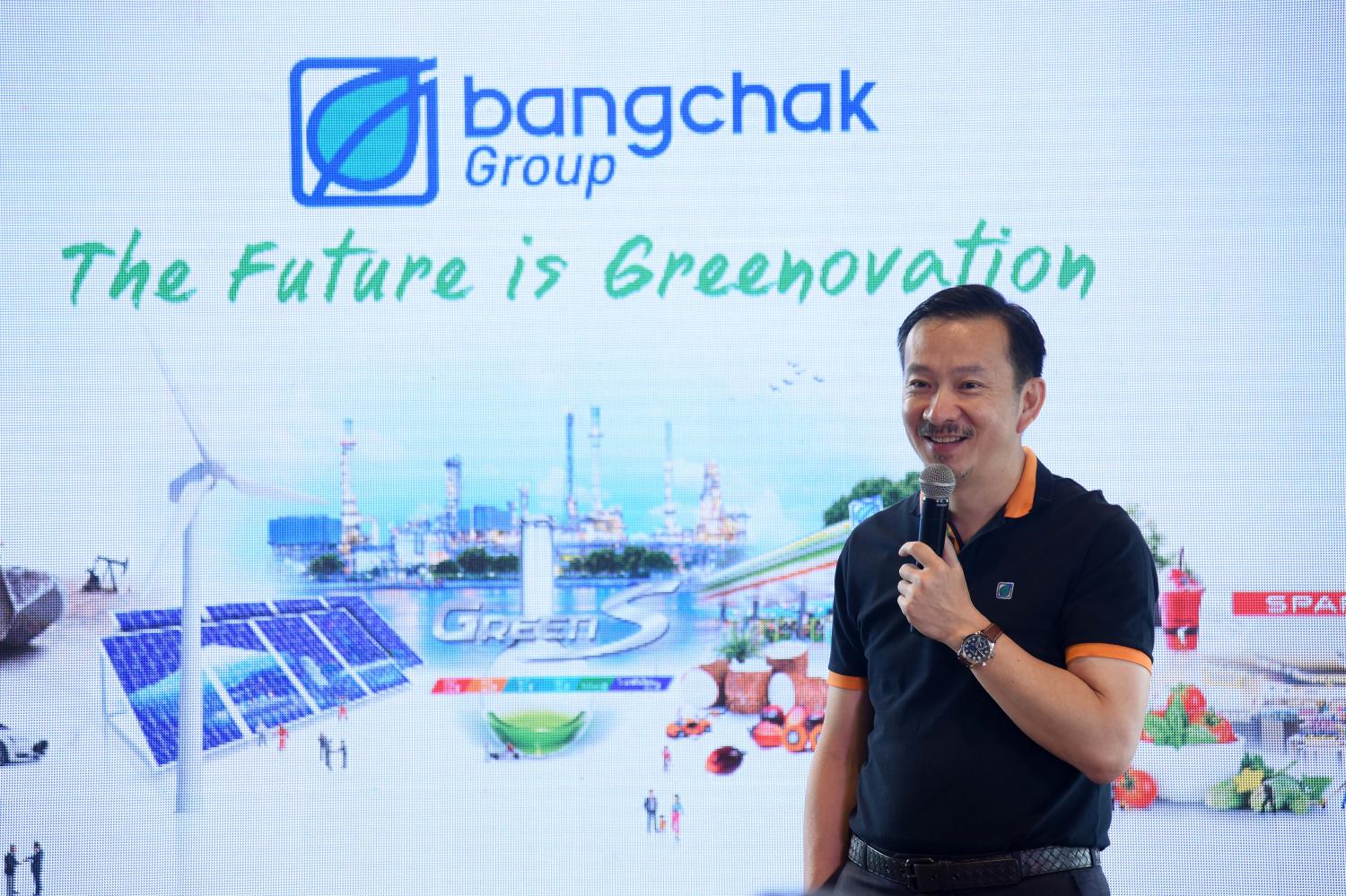
Energy firm Bangchak Corporation (BCP) will delay its production of lithium carbonate, a major raw material for battery and energy storage products, for another six months because of the impact from the pandemic, but still plans to use it as a new revenue generator in energy storage or electric vehicle (EV) businesses.
The delay, which will cause the company to start its lithium mining project in the second half of next year, resulted mainly from air travel restrictions imposed to contain the virus, BCP president Chaiwat Kovavisarach said.
Workers were barred from travelling to its lithium mine in Argentina, which is being prepared for mining, he said.
BCP, which is mostly owned by the state, joined a lithium mining business in 2017 by acquiring a 15.8% share in Canadian-based Lithium Americas Corporation (LAC) to fund the Cauchari-Olaroz lithium project in Jujuy, Argentina.
The company invested through its wholly-owned subsidiary, BCP Innovation (BCPI).
Annual production of lithium is set at 40,000 tonnes a year, up from 25,000 tonnes, despite the delay.
BCP plans to buy 6,000 tonnes a year once the mining starts.
Mr Chaiwat said BCP is conducting a feasibility study to add value to lithium carbonate products. The firm is deciding whether to further develop them for energy storage systems (ESS) or EV.
ESS and EV manufacturing have become business trends because of increasing concerns over environmental impacts across the globe, he said.
In related news, several countries in the EU are planning new quantitative easing programmes to ease the recession.
"These countries are expected to increase investment in ESS and EV infrastructure, which will lead to more jobs during a transition from a fossil fuel-based society to one that uses cleaner energy," Mr Chaiwat said.
He said more interest in EVs is a positive sign for lithium prices because they are expected to increase again after a decline during the pandemic, when the price dropped to US$9,000 a tonne from $15,000 last year.
BCP was among the first Thai firms entering the renewable energy business, with dozens of licences to run solar and wind farms under an eight-year adder tariff, and a state incentive programme allowing companies to sell electricity produced by clean fuels to the government at higher prices.
As the adder tariff period is going to expire, BCP, which has subsidiary BCPG run renewable energy projects, needs to find new ways to generate more money for the revenue lost.
One way is to use ESS to store electricity produced by the wind and sun to sell more power to the government or factory operators.
